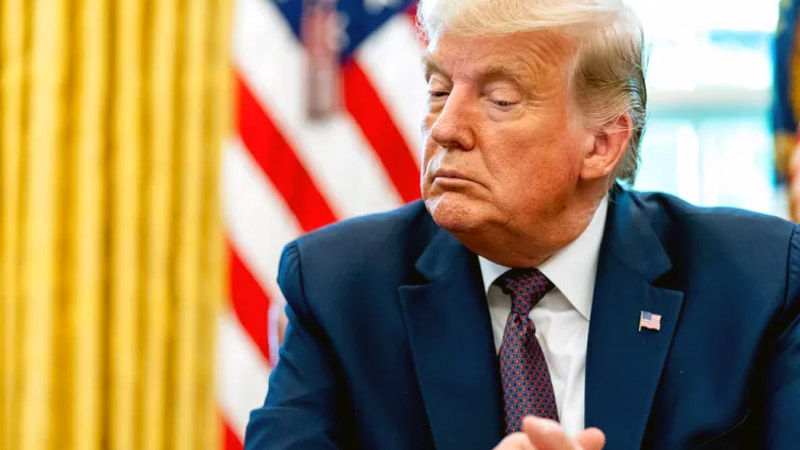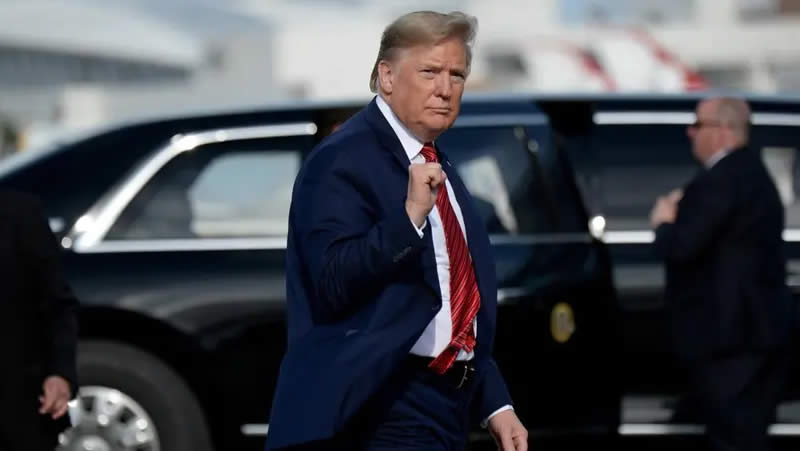‘Presidents Know They’re Going to Be Embattled’: Trump’s Mandate Claim Faces Scrutiny

REUTERS/Marco Bello
President-elect Donald Trump is asserting a sweeping mandate following his 2024 election victory, despite not securing a majority of the popular vote and his party holding only a slim majority in the House of Representatives.
In an interview with NPR, Julia Azari, a political science professor at Marquette University, explained Trump’s strategy of amplifying his mandate, suggesting it’s an attempt to preempt resistance to his agenda.
“We’re seeing this fit into a typical pattern where presidents kind of know that they’re going to be embattled,” Azari told NPR. “They know that their viewpoints will be controversial. And so they use the mandate to try and suggest, all right, it’s OK for me to do this or my critics are ultimately not just critics of me, but they’re critics of the popular will.”
Azari highlighted that most presidents rarely possess a clear mandate since voters’ decisions are influenced by a range of complex factors. Even presidents who won overwhelming victories, like Lyndon Johnson in 1964, didn’t necessarily have unambiguous public support for specific policies.
“Were people really voting for a specific set of policies or were they voting for the status quo? Were they voting against Barry Goldwater [the Republican nominee]?” Azari asked. “It gets very muddled very quickly when you start asking these questions.”

Johnson’s case underscores the instability of a perceived mandate. Despite his landslide victory—winning 61 percent of the popular vote and carrying 44 states—Johnson’s popularity declined rapidly. By 1968, facing widespread opposition to the Vietnam War, Johnson chose not to seek re-election.
Trump’s mandate claim comes at a time when he is likely to encounter significant political resistance, both within Congress and from the public. Analysts argue that framing his agenda as the “will of the people” may be a strategic move to delegitimize critics and consolidate support.
Azari’s observations reflect a broader trend in American politics, where claims of a mandate are often used to justify controversial policies and assert authority, regardless of the election’s actual margins.
As Trump prepares to navigate a divided political landscape, questions about the scope and legitimacy of his mandate will continue to spark debate, much like the fractured public support seen in previous presidencies.


